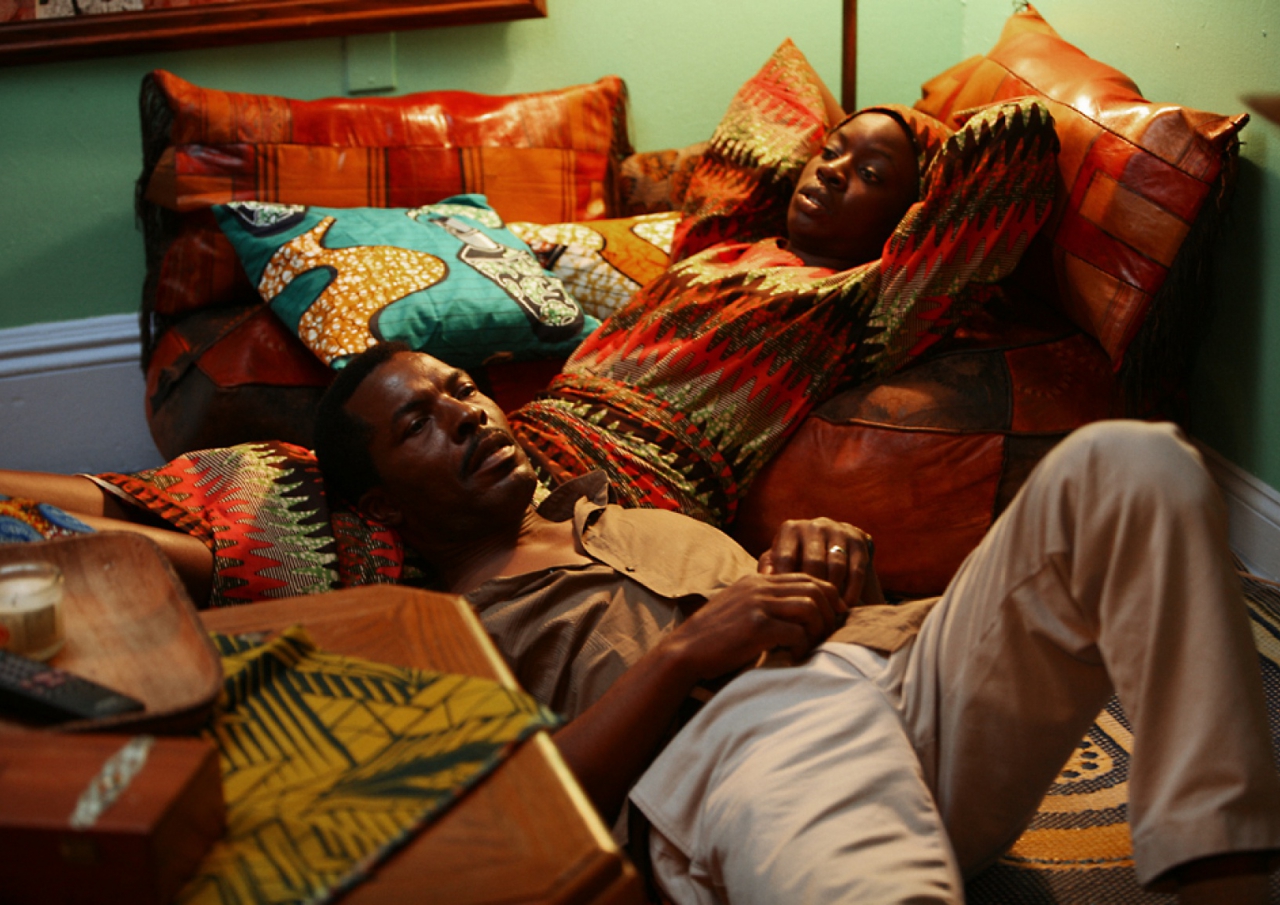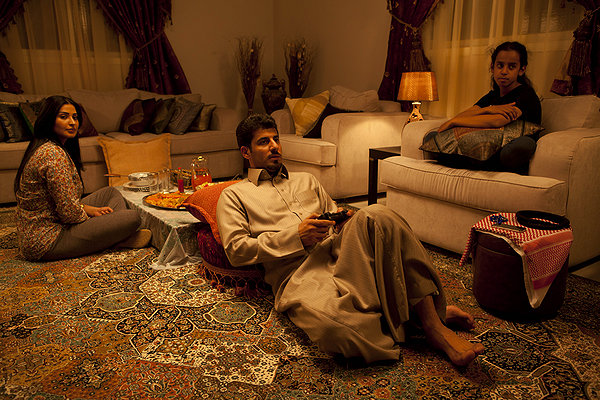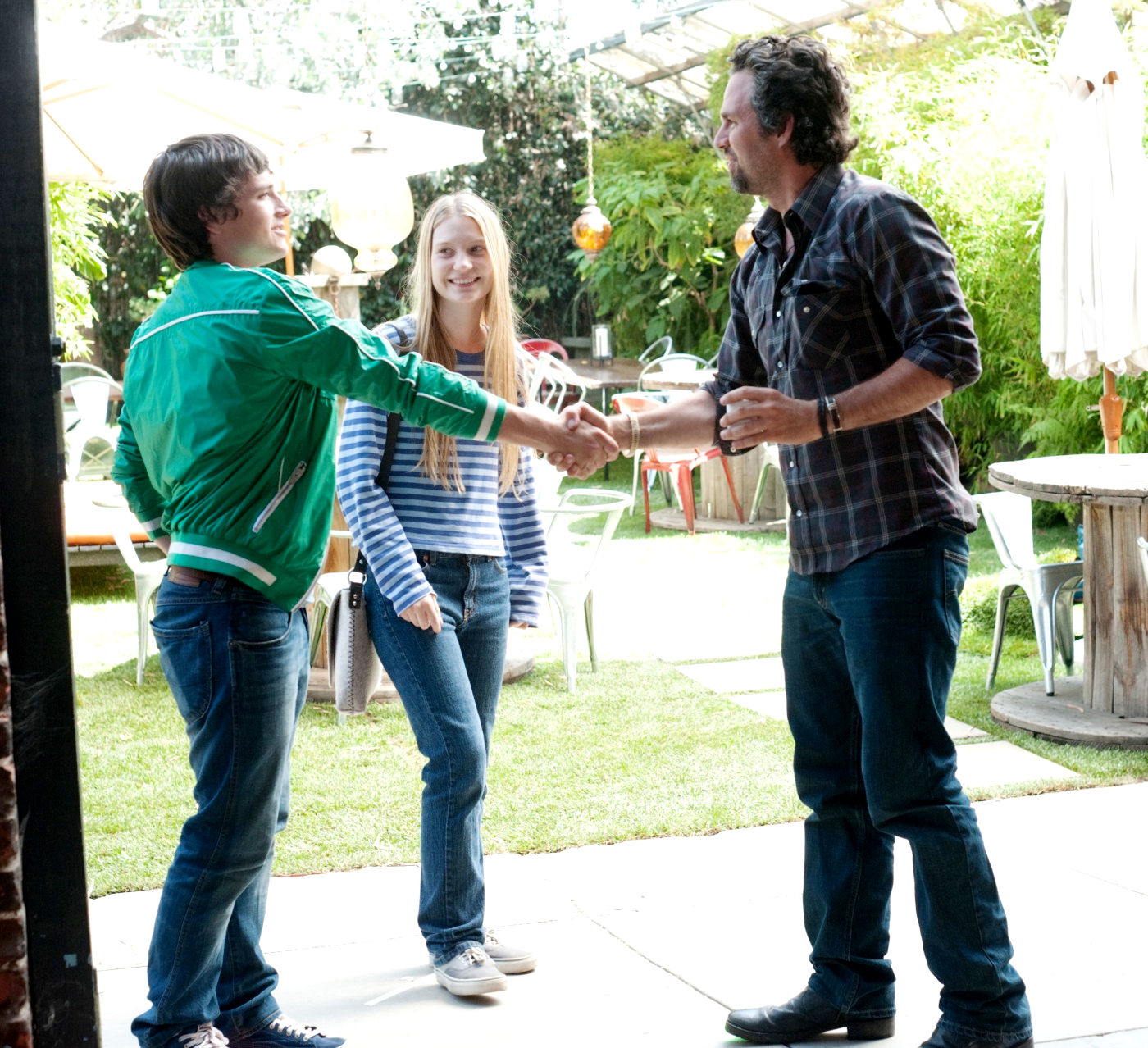I’m continuing to kick around my idea for a screwball comedy (tentatively titled) “Not Without My Grandson”

The idea is loosely inspired the serious situation in the Iranian film Lelia. In that film a young couple are dealing with infertility. Because it is the woman who is infertile the mother of the man starts putting the screws to them to let him take a second wife so he can have a child. In the screwball comedy version the mother learns that her son has already fathered a child. The child (the grandson) is living in Brooklyn with his two moms. Seven years earlier the man had secretly agreed to be the sperm donor for a lesbian couple he had met while studying in France.
In the meantime two excellent recent films: Mother of George & Wadjda explore some of the decidedly, un-comedic issues underlying this screwball idea.

Mother of George takes place in Brooklyn in a Nigerian immigrant community. Wadjda is the story of a young girl in Riyadh Saudi Arabia. Mother of George focuses directly and — with the calm of screws slowly tightening — on a young couple, especially the woman, as they deal with issues surrounding infertility and family within a traditional society. Wadjda’s focus on the experience of a young girl casts a light on a host of issues including the fact that her father is taking a second wife because Wadjda’s mother hasn’t been able to produce a male heir. Both films show the fraught situation of both women and men in cultures that organize family around biological male heredity.

To the topic of family and biology I, of course, bring my own set of experiences and biases (enter the screwball spin). I am a mother. I have an adopted son. His other mother is his biological mother. We have no idea who his biological “father” is, as he was an anonymous sperm donor. But I also know this, his biological grandmother (on the biological father’s side) is from Japan. I often wonder about her. What would she make of Huck? Would she see something of her little boy in him?

Recently, while walking Huck to school I noticed a father and son. The father walked a few paces ahead of his kid. The son followed walking with the same springy, slightly pigeoned-toed step as his father. I thought to myself that might be the kind of trait you might recognize as yours in your kid. We have the same walk. We have the same feet. This is not something I experience with my son. He is not biologically part of me so there is no recognition, no pride or shame in that department. It simply has no significance. Yet at the same time I have to admit it is tantalizing to wonder about Huck’s unknown Japanese grandmother and what kinds of stories and lives is he connected to through her.
